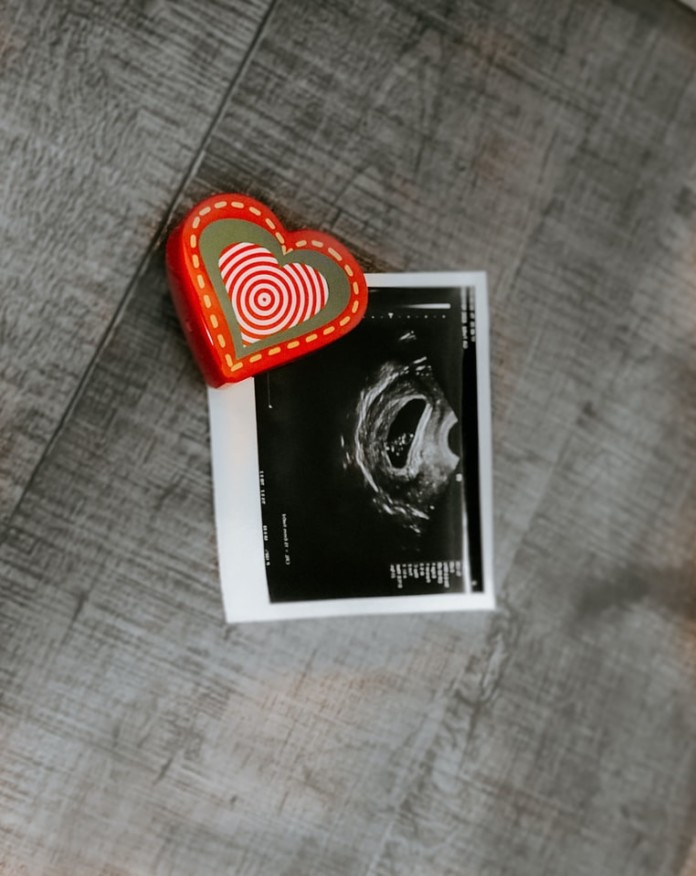While enlisting the help of an egg donor might not be your first choice in how you want to build your family, it can still give you an extraordinary opportunity to have the baby you’ve been dreaming of.
Initially, it may seem challenging to understand the treatment costs of a donor egg cycle or figure out which egg donor is suitable for you. However, once you cover the logistics, the benefits of choosing egg donation are clear.
One question that remains is: should you choose a fresh or frozen egg donor for your cycle?
While both have their benefits, the number of hopeful parents choosing frozen egg donation has risen significantly in recent years. As a matter of fact, many studies have proven that using frozen donor eggs might even yield better results.
But why?
In the matter of fresh vs. frozen donor eggs, what makes a frozen egg donor the better option?
From low costs to increased donor options, there are several good reasons why you may choose frozen egg donation over fresh.
How Does the Cost of Frozen Donor Eggs Compare to Fresh?
There’s no doubt about it; when you’re talking about fertility treatment, costs are a significant factor in the decisions we make. It should come as no surprise that most prospective parents want to know how much they’ll need to pay for each in comparing fresh and frozen donor eggs.
Well, it might come as a surprise to learn that a frozen egg donation is substantially less expensive than a fresh cycle.
Further, frozen egg donation companies like Donor Egg Bank USA offer affordable financing plans and guarantees to support hopeful parents during their quest to become a family.
What Are the Cancellation Risks of Fresh and Frozen Egg Donation?
An essential fact to understand about a fresh donor egg cycle is how time-sensitive many aspects can be.
For the process to work, the donor and recipient’s reproductive cycles must be synchronized. This involves a complicated process including doctor’s appointments, blood work, ultrasounds, hormone therapies, and medication regimens.
It doesn’t take much for a fresh cycle to be disrupted. From missed appointments to incorrectly taking medicines, if someone doesn’t abide by the process requirements, it could lead to cycle cancellation.
In fact, it often does.
Conversely, since frozen donor eggs have already been screened, collected, and frozen for future use, there’s a minimal chance the process won’t go as planned.
Are Frozen Donor Eggs as Successful as Fresh?
Above, we covered how frozen donor eggs are not only less expensive than fresh, but they’re less risky than their fresh counterpart.
However, the bigger question is: do frozen eggs work?
Absolutely!
In years past, frozen egg donation was viewed as a less reliable option for treatment. This was primarily because the eggs were frozen using slow-freeze technology that often led to ice crystal formation and cellular damage. These eggs had a higher chance of not surviving the thawing process.
Today, embryologists use a flash-freezing technology known as vitrification. Not only will your donor eggs be exposed to advanced cryoprotectants, but the cryogenic freezing process decreases the risk of damage during storage and thawing.
Thanks to this freezing method, frozen eggs now boast success rates nearly equal to those of fresh donor eggs.
Should You Choose Frozen Egg Donation?
When it comes to building your family, there’s never going to be a “right answer.” What works for one family might not be an option for another. It’s about choosing protocols that can offer the highest chance of success.
After all, when someone has worked so hard to have a baby, the last thing they want is another unsuccessful treatment option. In comparing fresh and frozen egg donation, the results are often incredibly close.
The final question is: what do you want to ‘deal with’ to get those results?
If you find lower prices, improved cancellation risks, and reputable success rates appealing, it may be time to consider whether using a frozen egg donor could be the best solution for you and your future family.




